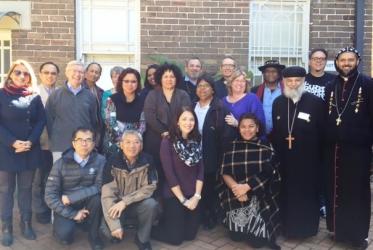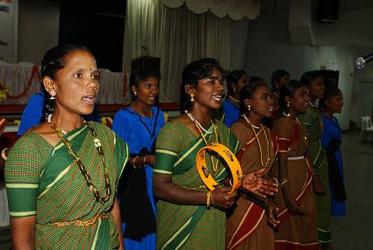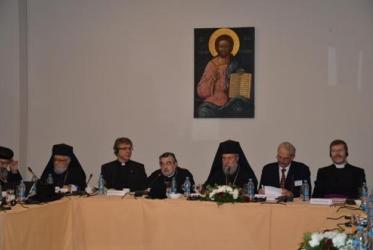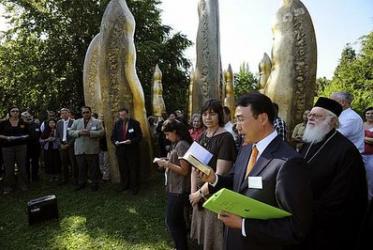Displaying 1 - 12 of 12
"I hit the ground running": Katalina Tahaafe-Williams
16 February 2016
Churches to be more inclusive of persons with disabilities
16 October 2014
Churches celebrate Week of Prayer for Christian Unity
23 January 2013
Churches must be "salt of the earth"
31 August 2009








